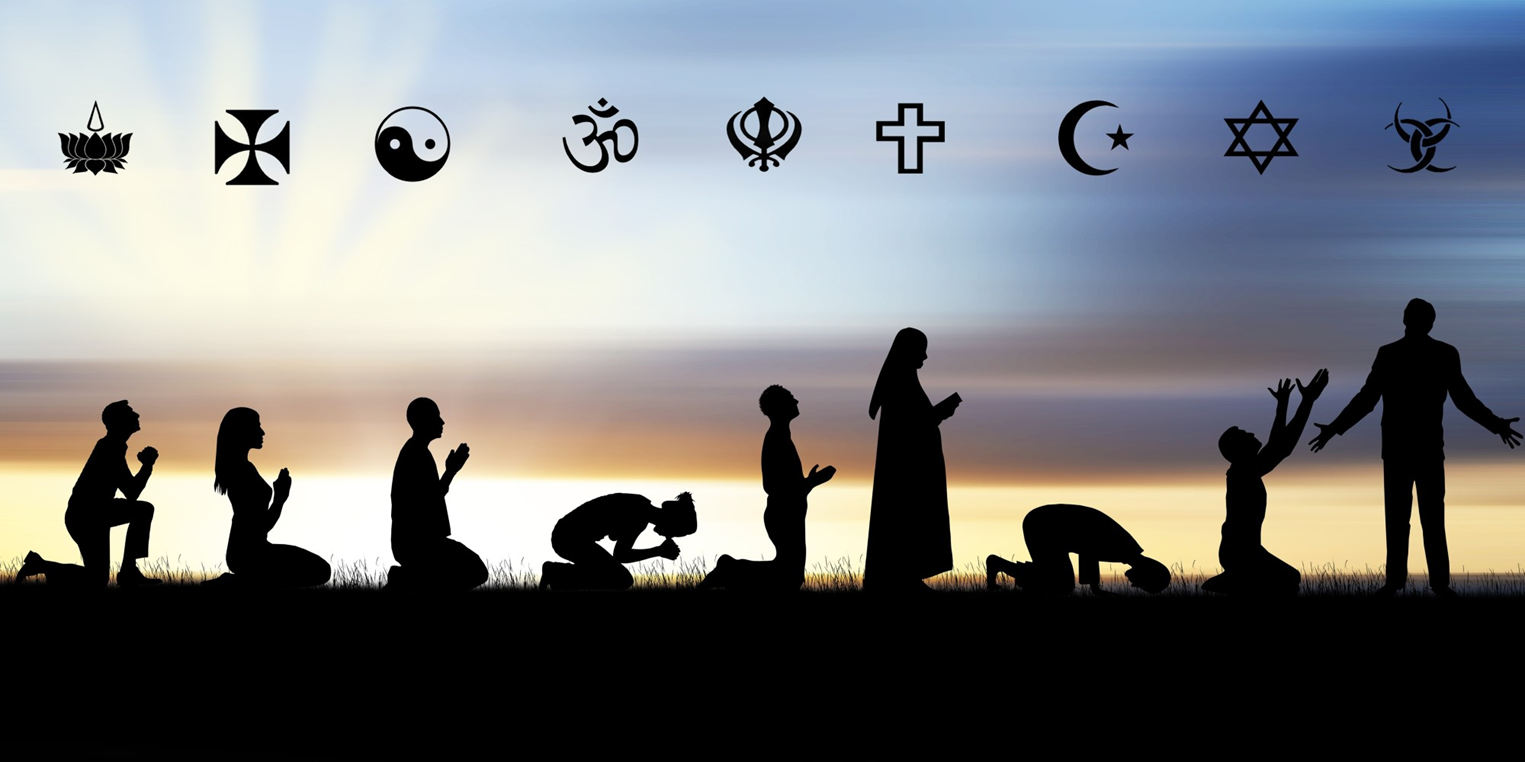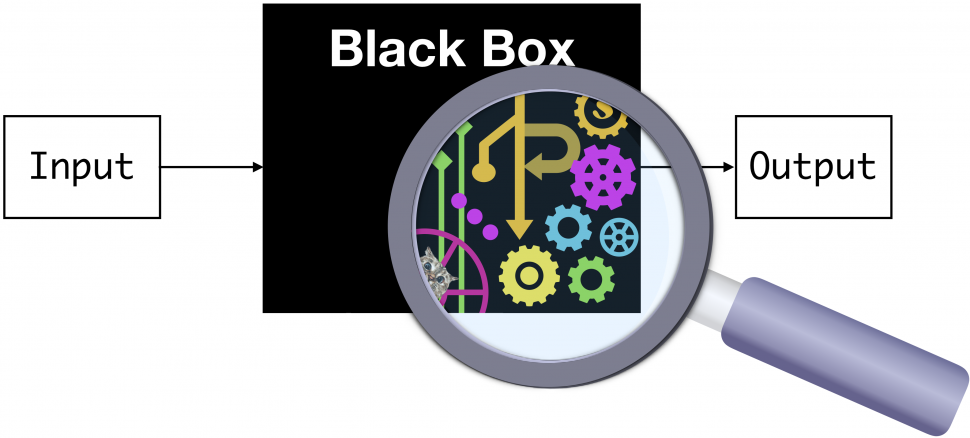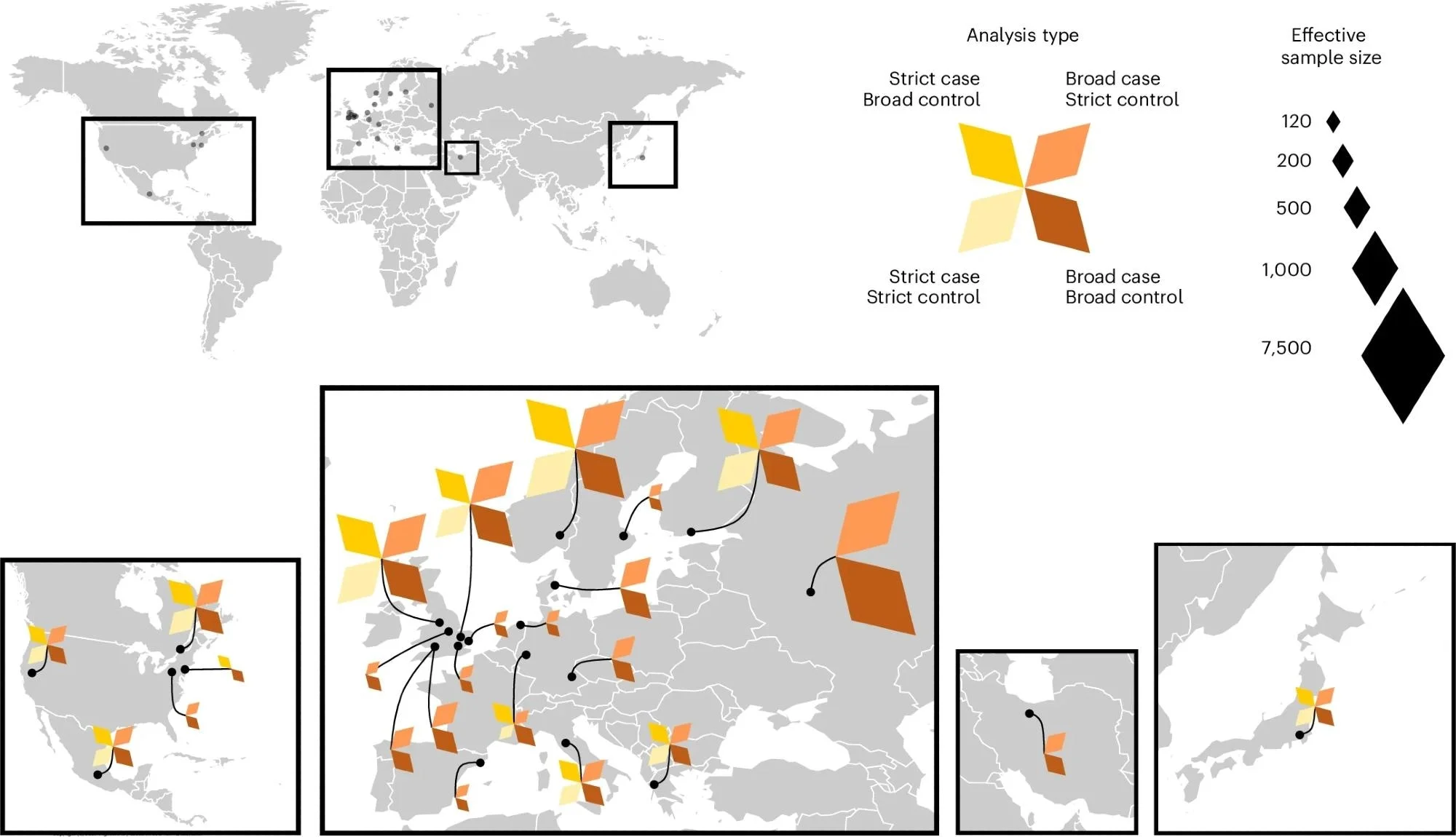- Courses
- GS Full Course 1 Year
- GS Full Course 2 Year
- GS Full Course 3 Year
- GS Full Course Till Selection
- Answer Alpha: Mains 2025 Mentorship
- MEP (Mains Enrichment Programme) Data, Facts
- Essay Target – 150+ Marks
- Online Program
- GS Recorded Course
- Polity
- Geography
- Economy
- Ancient, Medieval and Art & Culture AMAC
- Modern India, Post Independence & World History
- Environment
- Governance
- Science & Technology
- International Relations and Internal Security
- Disaster Management
- Ethics
- NCERT Current Affairs
- Indian Society and Social Issue
- NCERT- Science and Technology
- NCERT - Geography
- NCERT - Ancient History
- NCERT- World History
- NCERT Modern History
- CSAT
- 5 LAYERED ARJUNA Mentorship
- Public Administration Optional
- ABOUT US
- OUR TOPPERS
- TEST SERIES
- FREE STUDY MATERIAL
- VIDEOS
- CONTACT US
Religious Conversions
Religious Conversions
17-11-2022

Religious Conversions
Why in News?
Recently, the Supreme Court has asked the Centre to make serious efforts to tackle the issue of Forced Religious Conversions.
What is Religious Conversion?
- Religious conversion is the adoption of a new religious identity, or a change from one religious’ identity to another.
- Thus "religious conversion" would describe the abandoning of one’s belief system affiliating with another.
- For example, Christian Baptist to Methodist or Catholic, Muslim Shi'a to Sunni.
- In some cases, religious conversion "marks a transformation of religious identity and is symbolized by special rituals".
|
What was Petition? |
The Court's Ruling in this matter: |
|
|
What is the Need for Anti-Conversion Laws?
- No Right to Proselytize:
- The Constitution confers on each individual the fundamental right to profess, practice and propagate his religion.
- Proselytizing is the act of trying to convert another individual from the his/her religion to the converter's religion.
- The individual right to freedom of conscience and religion cannot be used as a collective right to proselytize.
- Fraudulent Marriages:
- Recently, there have been various instances, where people marry persons of other religion by either misrepresentation or suppression of their own religion and after getting married, they force such other person to convert to their own religion.
- Recently, the Supreme Court took judicial notice of such instances.
- According to the court, such incidents not only overstep the freedom of religion of the persons so converted but also affect against the secular fabric of our society.
What is the Status of Anti-Conversion Laws in India?
- Constitutional Provision:
- The Indian Constitution under Article 25 guarantees the freedom to profess, propagate, and practice religion.
- It allows all religious sections to manage their own affairs in matters of religion, subject to public order, morality, and health.
- However, no person shall force their religious beliefs and consequently, no person should be forced to practice any religion against their wishes.
- Existing Laws:
- There has been no central legislation restricting or regulating religious conversions.
- However, since 1954, on multiple occasions, Private Member Bills have been introduced in (but never approved by) Parliament, to regulate religious conversions.
- Further, in 2015, the Union Law Ministry stated that Parliament does not have the legislative competence to pass anti-conversion legislation.
- Anti-Conversion Laws in Various States:
- Over the years, several states have enacted ‘Freedom of Religion’ legislation to restrict religious conversions carried out by force, fraud, or inducements.
- Orissa Freedom of Religion Act, 1967, Gujarat Freedom of Religion Act, 2003, Jharkhand Freedom of Religion Act, 2017, Uttarakhand Freedom of Religious Act, 2018, The Karnataka Protection of Right to Freedom of Religion Act, 2021.
What are the Issues Associated with Anti-Conversion Laws?
- Uncertain and Vague Terminology: The uncertain and vague terminology like misrepresentation, force, fraud, allurement is so uncertain and open to interpretation.
- Opposing to Minorities: The present anti-conversion laws focus more on the prohibition of conversion to achieve religious freedom. However, the broad language used by the prohibitive legislation might be used by officials to oppress and discriminate against minorities.
- Antithetical to Secularism: These laws are threat to the secular fabric of India and the international perception of our society’s intrinsic values and legal system.
Way Forward
The governments implementing such laws need to ensure that these do not curb one’s Fundamental Rights or hamper the national integration instead, these laws need to strike a balance between freedoms and forced conversions.



